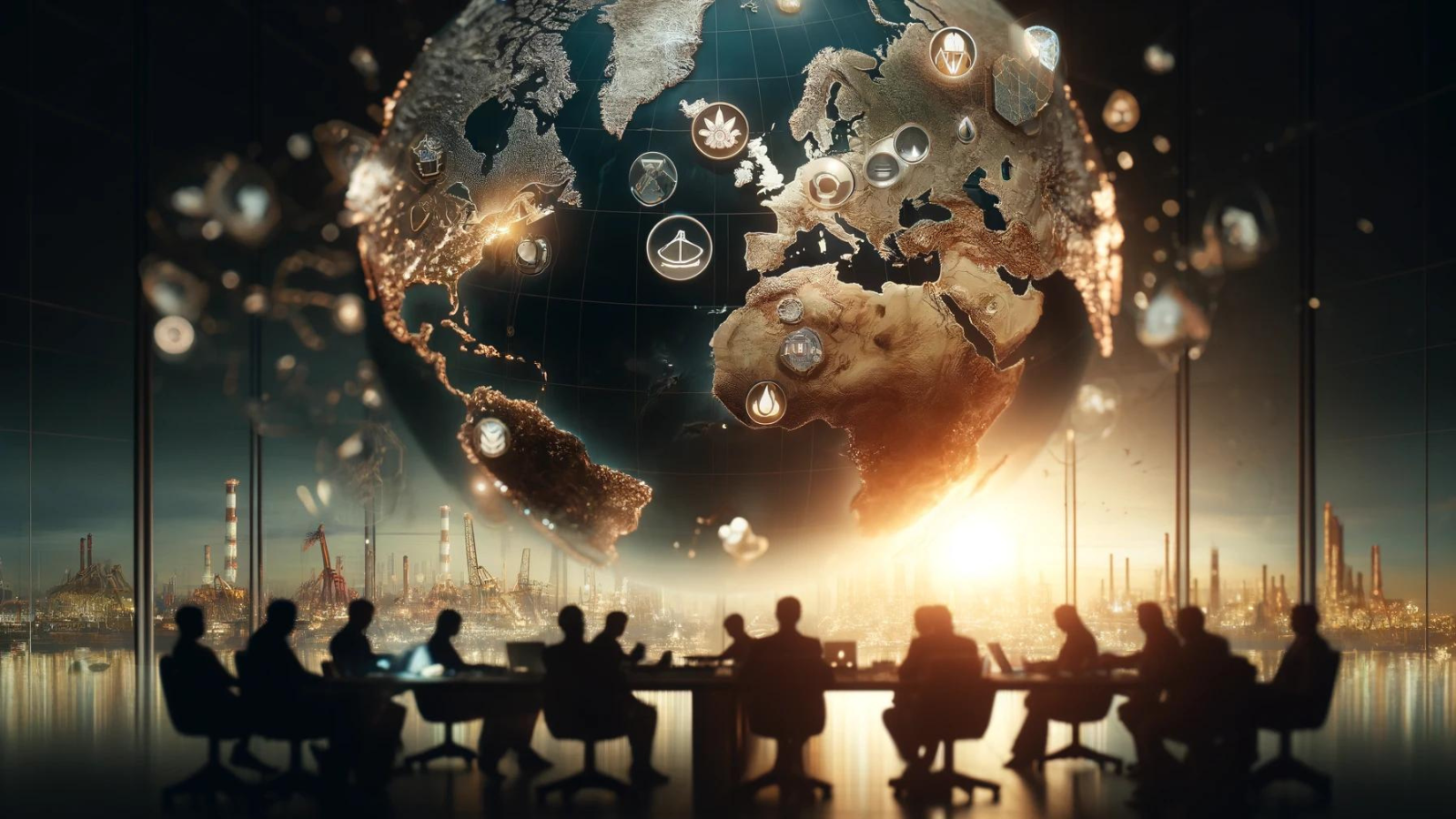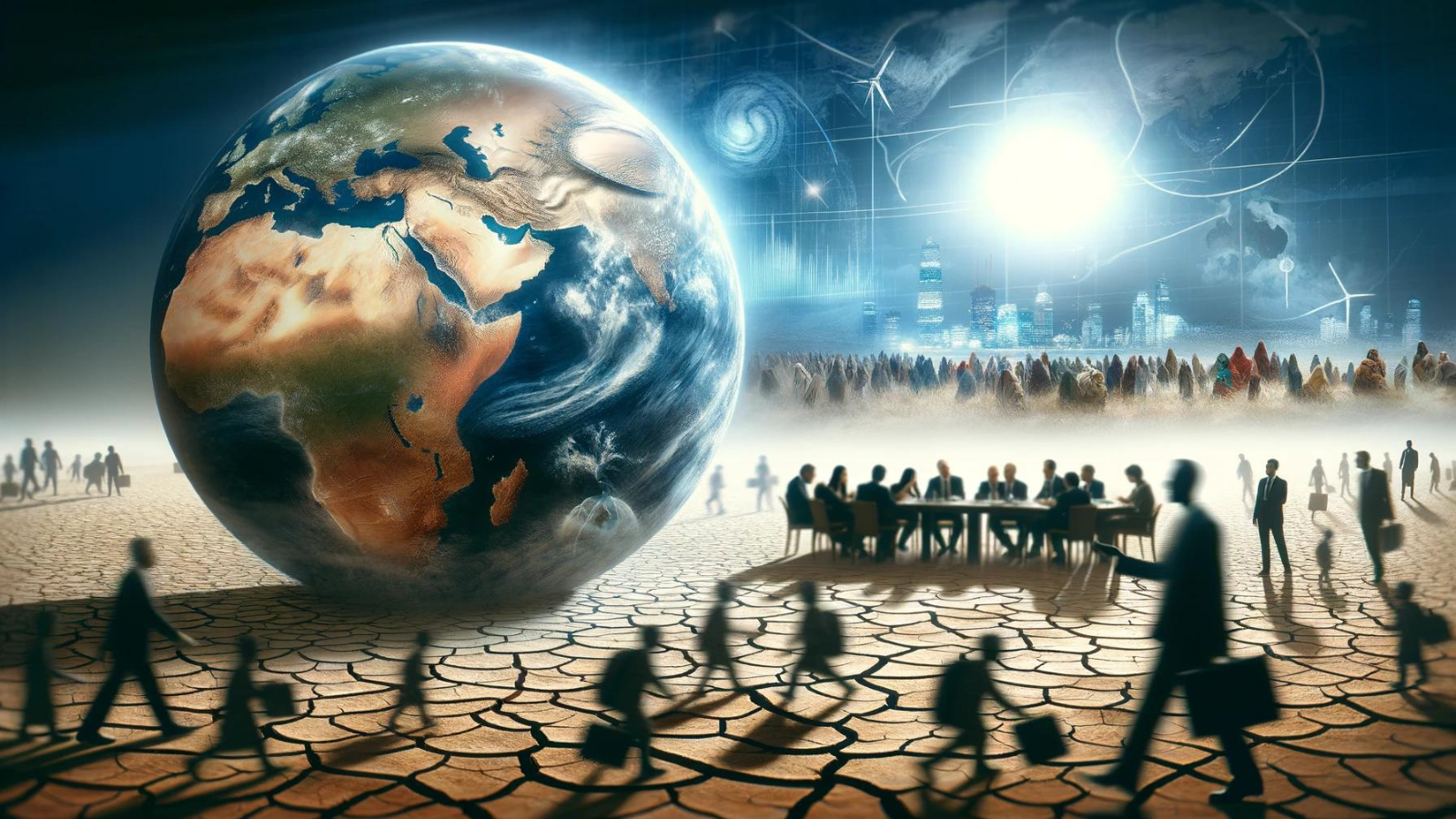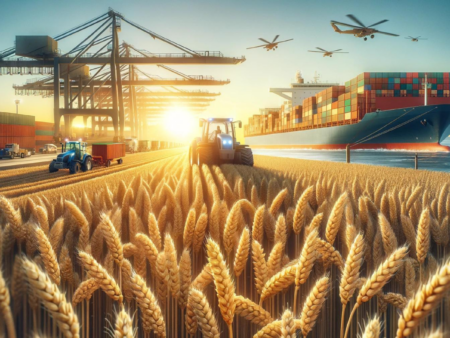
Resource scarcity has long been a driving force behind geopolitical tensions and conflicts across the globe. As the world’s population grows and economies expand, the demand for vital resources such as energy, minerals, and water intensifies. In this article, we will delve into the complex web of geopolitics that revolves around resource scarcity and explore its far-reaching implications.
The Resource Nexus: Energy, Minerals, and Water
Resource scarcity extends across various domains, but energy, minerals, and water stand out as the primary players in the global geopolitical arena.
Energy: The Lifeblood of Modern Economies
Energy, particularly oil and natural gas, is the lifeblood of modern economies. Access to energy resources has been a driving factor behind many conflicts and international rivalries. As nations vie for control of energy-rich regions, the stability of global energy markets hangs in the balance.
Minerals: The Hidden Foundation
Minerals are the unsung heroes of our technological age. From rare earth elements used in electronics to metals like copper and iron crucial for infrastructure, access to mineral resources shapes the economic power and technological advancement of nations.
Water: The Liquid Gold
Water scarcity is a growing concern that transcends national borders. As populations surge and climate change alters precipitation patterns, water resources become a source of contention. Disputes over transboundary rivers and access to freshwater reserves highlight the critical role of water in geopolitics.
The Energy Game: Oil, Gas, and International Relations
The quest for control over oil and gas reserves has fueled conflicts and influenced international relations for decades.
Oil and Geopolitical Hotspots
Oil-rich regions like the Middle East have been at the center of geopolitical tensions. The control of oil reserves in countries like Saudi Arabia, Iran, and Iraq has drawn major global players into complex alliances and rivalries.
Natural Gas and Pipeline Diplomacy
Natural gas, a cleaner alternative to coal, has become a prized resource. The construction of pipelines and the competition for access to gas reserves have led to intricate diplomatic maneuvers, with countries like Russia using gas as a geopolitical tool.
The Race for Minerals: Technology and Economic Power
Minerals are essential for a wide range of industries, and the competition for access to these resources is fierce.
Rare Earth Elements: China’s Dominance
China’s near-monopoly on rare earth elements has raised concerns among other nations. These elements are vital for technologies like smartphones and electric vehicles, giving China significant economic and geopolitical leverage.
Minerals and Supply Chain Vulnerabilities
Global supply chains are vulnerable to disruptions in the mineral trade. The pandemic exposed the fragility of these chains, prompting countries to reassess their reliance on specific mineral-producing nations.

Water Wars: Transboundary Disputes and Climate Change
Water scarcity and disputes over transboundary rivers have become flashpoints for conflict.
The Nile River Conflict
Countries sharing the Nile River basin, including Egypt, Sudan, and Ethiopia, have engaged in diplomatic wrangling over the construction of dams and water use, highlighting the geopolitical complexities of water management.
Climate Change and Migration
As climate change exacerbates droughts and water scarcity in some regions, it drives population displacement. This, in turn, can lead to cross-border conflicts and tensions as migrants seek access to water resources.
Resource Scarcity and Diplomacy
Resource scarcity can also be a catalyst for diplomacy and cooperation.
International Agreements and Treaties
Nations recognize the need for cooperation in managing shared resources. International agreements like the Paris Agreement on climate change and the UN Watercourses Convention aim to foster collaboration in addressing resource-related challenges.
Energy Transition and Innovation
The global shift towards renewable energy sources is driven by both environmental concerns and the desire to reduce resource-related conflicts. Innovation in clean energy technologies can potentially reduce the reliance on fossil fuels and minimize geopolitical tensions.
Resource scarcity is a defining challenge of the 21st century. As nations grapple with the complexities of securing vital resources, the geopolitics of scarcity will continue to shape international relations and conflicts. Finding sustainable solutions and fostering cooperation will be crucial in addressing these challenges and ensuring a more stable and equitable future.












